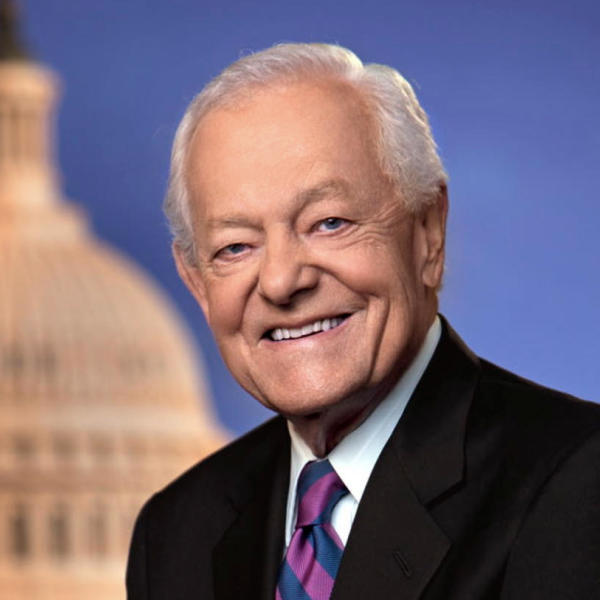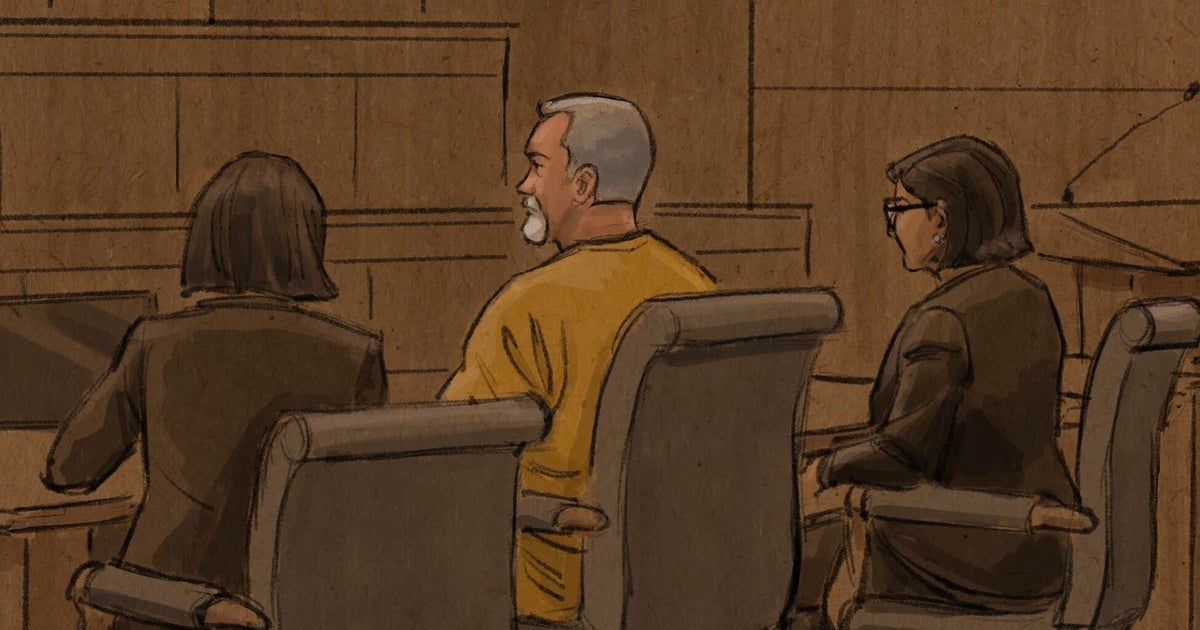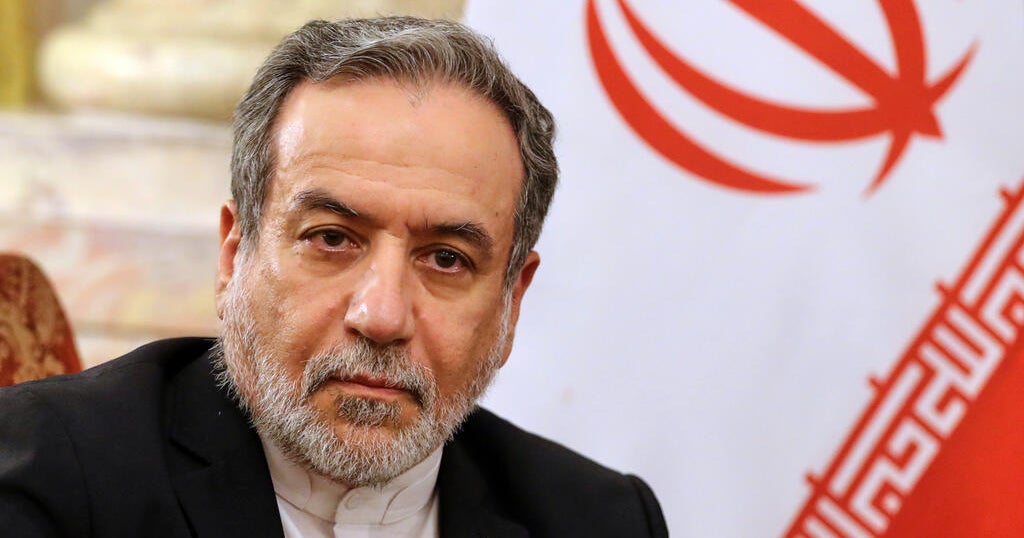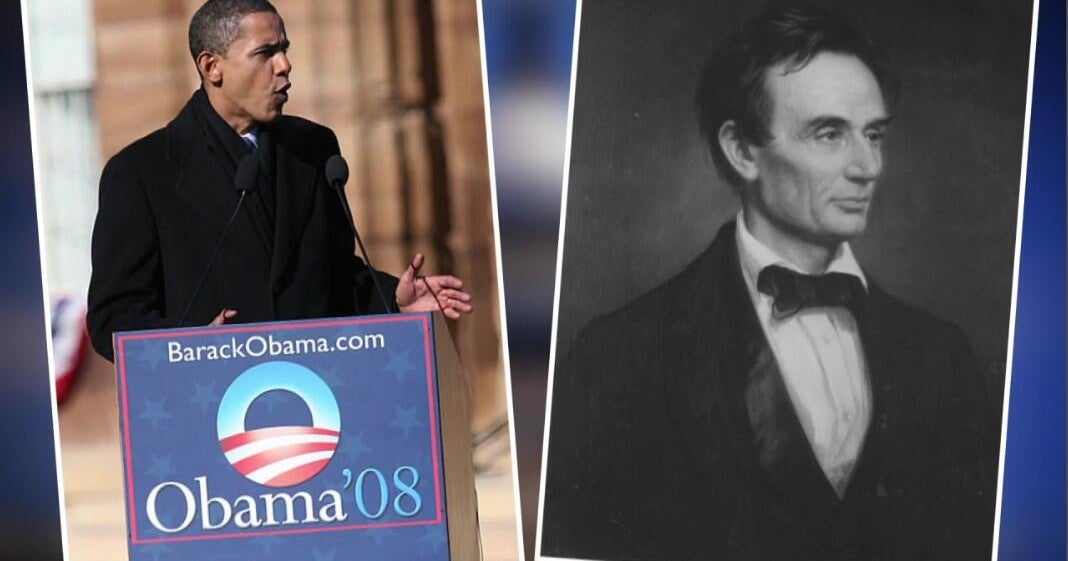Bob Schieffer reflects on the remarkable life of John McCain
In the six-decade history of "Face the Nation," Sen. John McCain was our most frequent guest, with 112 total appearances. Former moderator Bob Schieffer, who conducted most of those interviews, looks back on some of McCain's memorable Sunday morning appearances and his impact on American life.
Americans first came to know John McCain as a Navy pilot, shot down in 1967 over North Vietnam. As a prisoner of war, his captors tortured him for five and a half years. When they learned he was a famous admiral's son, they tried to release him for propaganda purposes but he refused to go until the other prisoners were freed.
It was typical of the courage that marked his long political life. Through two presidential campaigns and decades in the Senate, he became one of the best-known politicians in America and was never afraid to cross party lines.
"Independents, Democrats, libertarians, vegetarians, come on over! Vote for me!" he said during the 2000 presidential race.
In 1985, he made his first appearance on "Face the Nation." By 2008, he had set a record for the most appearances on the broadcast. He did it on the Sunday after winning the Republican presidential nomination, with what may have been be the most unusual strategy in political history.
"We lost the trust of the American people when some Republicans gave into the temptations of corruption," McCain said when accepting his party's nomination at that year's convention. He said his party had lost its way and was part of the country's problem. "We came to power to change Washington and Washington changed us," he told "Face the Nation" in September 2008.
The general election campaign proved to be as unusual as his fight for the Republican nomination.
At one point he found himself defending his opponent Barack Obama's honor, calling him a "decent person" after a supporter called Obama "Arab."
"No ma'am. No ma'am. He's a decent family man, citizen, that I just happen to have disagreements with on fundamental issues and that's what this campaign is all about," he said at a town hall meeting.
McCain hoped to win the presidency by attracting independent swing voters. To do that, he toyed with making independent Democrat Joe Lieberman his running mate. Advisers talked him out of it. Instead, they recommended little-known Alaska Gov. Sarah Palin. Her gaffe-prone campaign ended whatever chance he had to win independents. Add on to that a bad economy and he lost in a landslide.
McCain got over it by plunging into his work in the Senate where he championed causes large and small, sometimes causes his own party wanted no part of.
It was former prisoner of war McCain who took on many Republicans to declare America could never condone torture, even against our worst enemies.
"It's not about them. It's about us. It's about us — what we were, what we are and what we should be," McCain told "Face the Nation" in 2014. "And that's a nation that does not engage in these kinds of violations of the fundamental basic human rights that we guaranteed when we declared our independence."
Americans were shocked during the 2016 campaign when Republican candidate Donald Trump attacked him, saying McCain was "a war hero because he was captured. I like people that weren't captured."
McCain stayed above the fray during the controversy that ensued, but his relationship with Trump was never warm. He was the deciding vote that killed the new president's plan to repeal Obamacare.
For McCain, it was always about the issue, seldom about who sided with him. He could be Senate's fiercest critic, but he loved the place, respected its rules and maintained friendships with his toughest opponents — like the late Democratic senator, Ted Kennedy.
"Oh, we had some great bouts there, and yet I remember one time we had a huge fight that two freshmen had begun and we drove them from the floor and afterwards, we were walking off the floor and he put his arm around me and he said, 'We really did a good one that time, didn't we, John?'" McCain recalled in 2015.
When he and Democratic Sen. Chuck Schumer were working to find a compromise on immigration, I remarked it was the first time they had appeared on the "Face the Nation" set together. What I didn't say was that it was McCain who had convinced Schumer to cancel travel plans and stay in Washington to show solidarity.
When Hillary Clinton called him "her favorite Republican" as she was preparing to run for president, I asked McCain the obvious question: "Is she your favorite Democrat?"
McCain replied: "Actually, I hope this program is blacked out in Arizona, please cut. Look, I respect Secretary, Senator Clinton. I respect her views. We have had disagreements on a number of issues but I think it's my job to work with every president, if she is regrettably, if she attains the presidency."
As chairman of the Armed Services Committee, McCain flew to battlefields and trouble spots around the world. When Ukraine became dangerous, I questioned his decision to go to Kiev.
"I always feel safe, Bob. I've told you in the past, I know that I'm going to die but it's only going to be in bed," said McCain in 2013.
I always felt John McCain had no more fear of death than he had of taking on an uphill political fight, and to the end he fought every fight with every ounce of energy that time allowed.
And he was still fighting when time ran out.
So John McCain's voice is stilled, but how he lived his life will always speak volumes about service to our country, our obligation to others and most of all about having the courage — no matter the consequences — to stand up for what we believe is right.
John McCain appeared on "Face the Nation" 112 times.




